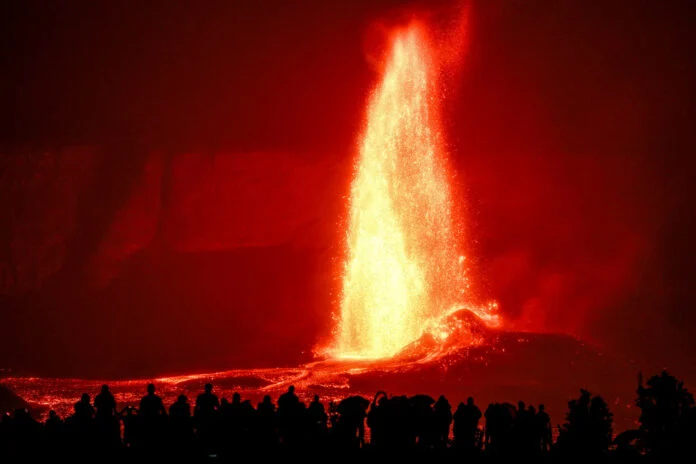Music played a profound role in ancient Chinese rituals, serving as a bridge between the human and divine, reinforcing social harmony, and expressing cultural values. Rooted in Confucian and Daoist traditions, music was not only an artistic expression but also a fundamental element of spiritual and political life.
Music as a Sacred Medium
In ancient China, music was believed to have cosmic significance, aligning human activities with the natural order. It was thought to regulate emotions, cultivate virtue, and maintain harmony in society. The Chinese philosophical concept of "Yue" (music) emphasized its moral and spiritual dimensions, seeing it as a means to elevate the human spirit and connect with celestial forces.
Music in Ritual and Worship
Ritual music, known as "yayue" (elegant music), was performed in state ceremonies, ancestral worship, and religious rites. Confucian scholars advocated for yayue as a tool for moral education and governance, ensuring that rituals were conducted with dignity and respect. Temples and imperial courts often featured orchestras playing intricate compositions using bronze bells (bianzhong), stone chimes (bianqing), and bamboo flutes (xiao).
Music in Court and State Ceremonies
Music was essential in reinforcing the authority of the emperor and maintaining political order. The imperial court employed musicians to perform during official ceremonies, diplomatic receptions, and seasonal festivals. The performance of specific melodies was dictated by the occasion, ensuring that each event was conducted in accordance with tradition and cosmic harmony.
Instruments and Their Symbolism
Ancient Chinese musical instruments were deeply symbolic, each representing different aspects of the universe. The guqin, a seven-stringed zither, was associated with scholarly refinement and meditative introspection. The drum signified power and command, often used in military and court settings. Bells and chimes were believed to summon divine blessings, making them central to temple rituals and imperial processions.
Music’s Role in Ancestral Worship
Ancestral veneration was a cornerstone of Chinese culture, and music played a key role in honoring forebears. Ceremonial hymns were performed to express reverence and gratitude to ancestors, ensuring the continuity of familial and social bonds. The structured and solemn nature of these compositions reflected Confucian ideals of respect and filial piety.
Conclusion
Music in ancient Chinese rituals was far more than entertainment; it was a means of governance, spiritual practice, and social cohesion. Its role in aligning human actions with cosmic principles underscores its deep-rooted importance in Chinese civilization. Even today, the echoes of these ancient traditions can be heard in classical Chinese music, preserving a legacy that has shaped the cultural identity of China for millennia.







